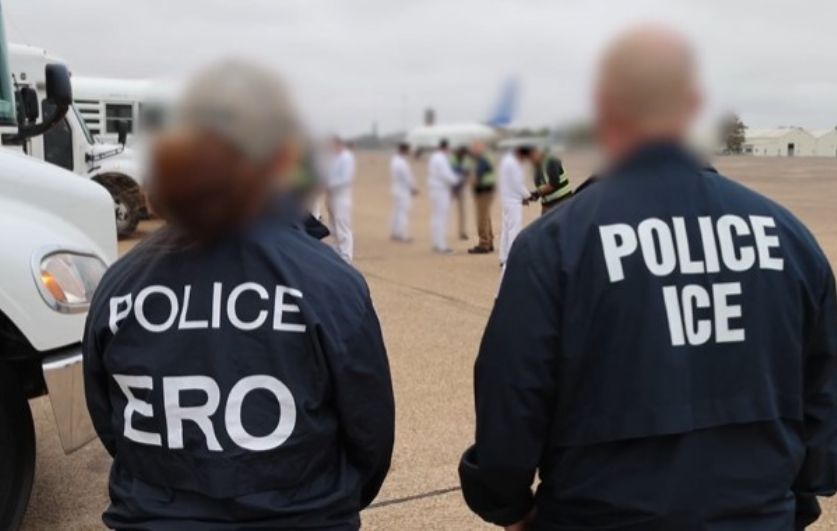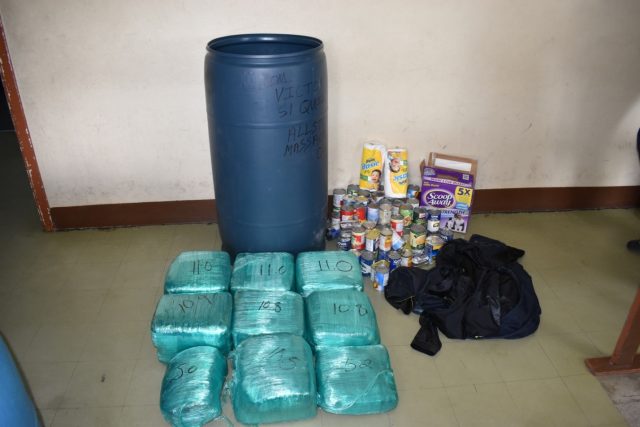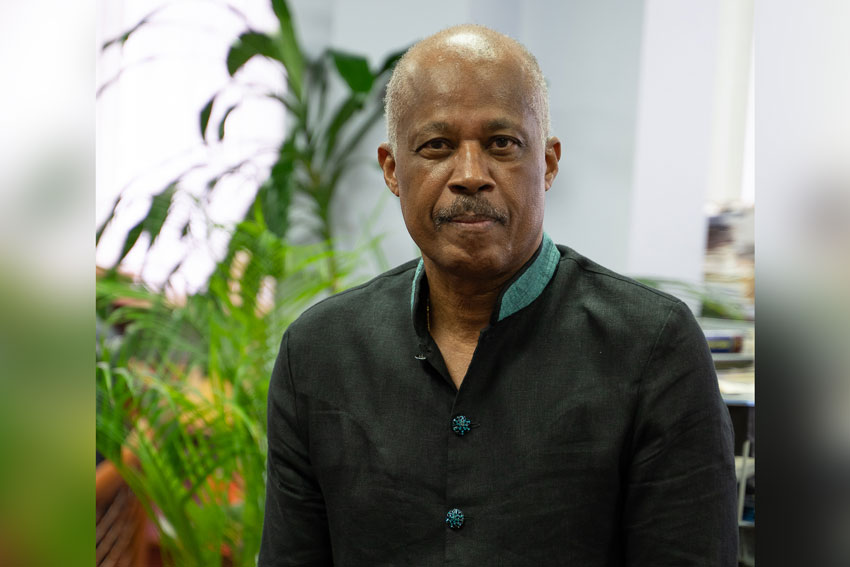Unlocking access to climate finance, especially in emerging markets and developing economies, is crucial for closing the gap in adaptation, developing resilience, protecting the countries most vulnerable to climate change and contributing to development that is lower in carbon, according to the authorities gathered today at the Roundtable on Climate Finance and the Energy Transition in Latin America and the Caribbean, which is taking place through Friday, September 2 at the central headquarters of the Economic Commission for Latin America and the Caribbean (ECLAC) in Santiago, Chile.
The event, which is being held using a hybrid format (in-person and virtual), is one of the five Regional Forums on Climate Initiatives to Finance Climate Action and the Sustainable Development Goals (SDGs) in preparation for the 27th session of the Conference of the Parties to the United Nations Framework Convention on Climate Change (COP27), which are being organized by the United Nations System, the incoming Egyptian Presidency of COP27 and the UN Climate Change High-Level Champions.
The roundtable was inaugurated by Amina J. Mohammed, United Nations Deputy Secretary-General (virtual); Sameh Shoukry, Minister of Foreign Affairs of the Arab Republic of Egypt and President-designate of COP27 (virtual); Mahmoud Mohieldin, Special Envoy on Financing the 2030 Agenda for Sustainable Development, and Climate Champion COP27 (virtual); Nigel Topping, Climate Champion COP26; León de la Torre, Ambassador of the European Union in Chile; and Joseluis Samaniego, Director of the Sustainable Development and Human Settlements Division of ECLAC.
“We are in a race against the clock,” Amina J. Mohammed warned in her opening remarks, delivered via video message.
“The Latin American and Caribbean region must have the support to accelerate a just transition to renewable energy. The region has great potential for solar and wind power generation and must be supported through strong investments, including in storage capacity and great flexibility to accommodate renewables,” the UN Deputy Secretary-General added.
Meanwhile, Minister Sameh Shoukry underlined that the promotion of new financial instruments and the predictability of climate finance in developing countries are key to achieving the Paris Agreement’s goals.
“To this end,” he expressed, “there is an urgent need to unlock climate finance through the massive mobilization of public and private resources for climate action at the local, national and regional levels, across all themes of climate action.”
The Special Envoy on Financing the 2030 Agenda for Sustainable Development, Mahmoud Mohieldin, highlighted that there is significant potential for opportunities.
“We need a holistic approach so that the efforts towards climate action do not compromise what we managed to achieve in sustainability,” he noted.
Nigel Topping, Climate Champion COP26, stressed the need to consider the diverse points of view of the different stakeholders in the value chain.
“We want to improve the conversation to find solutions. I am convinced that the innovation and passion of this region will be very important,” he stated.
Meanwhile, the Ambassador of the European Union in Chile, León de la Torre, called for accelerating the global transition to climate-neutral, resilient, sustainable, circular and resource-efficient economies and societies, and he mentioned the target of reducing the European Union’s emissions by 55% as of 2050.
“Aligning the financial flows with a path towards low greenhouse gas emissions and climate-resilient development is key for driving the change towards a climate-neutral and resilient economy and society,” he affirmed.
Speaking on behalf of ECLAC’s Acting Executive Secretary, Mario Cimoli, the Director of the Commission’s Sustainable Development and Human Settlements Division, Joseluis Samaniego, warned that Latin America and the Caribbean has the sad record of having gone in just a few years from contributing 8.3% of global emissions to contributing 10%.
“The region is not doing very well either in terms of public policies. Only four countries apply a static carbon tax and at very low levels. The discussion on methane taxes has not formally begun. Just one country is applying a social price to carbon in public investment, although we are trying to advance so that this kind of instrument is adopted by more countries. There is enormous room for achieving better progress,” he stated.
Joseluis Samaniego emphasized that the regional forum inaugurated today is focused on projects and seeks to foster a dialogue between climate finance supply and demand.
In that context, he presented a compendium of 55 projects distributed among 24 Latin American and Caribbean countries, which require financing of nearly $16 billion dollars, with an impact on CO2 emission reduction of 24.6 million tonnes per year, which is equivalent to 0.6% of regional emissions. The projects are concentrated on issues such as resilience in Small Island Developing States (SIDS), critical and strategic minerals, electromobility and the energy transition.
It is hoped that the Roundtable on Climate Finance and the Energy Transition in Latin America and the Caribbean will activate processes for establishing investment agreements between those responsible for project portfolios in Latin American and Caribbean governments and financial institutions, by defining concrete opportunities to move forward on the region’s sustainable energy transition, the analysis of necessary policy changes, and the bottlenecks that exist for financing and the interaction with both public and private financing and investment sources to mobilize action towards COP27.
This event is supported by the Presidency of COP27, the UN Climate Change High-Level Champions and the Euroclima+ program, financed by the European Union.




